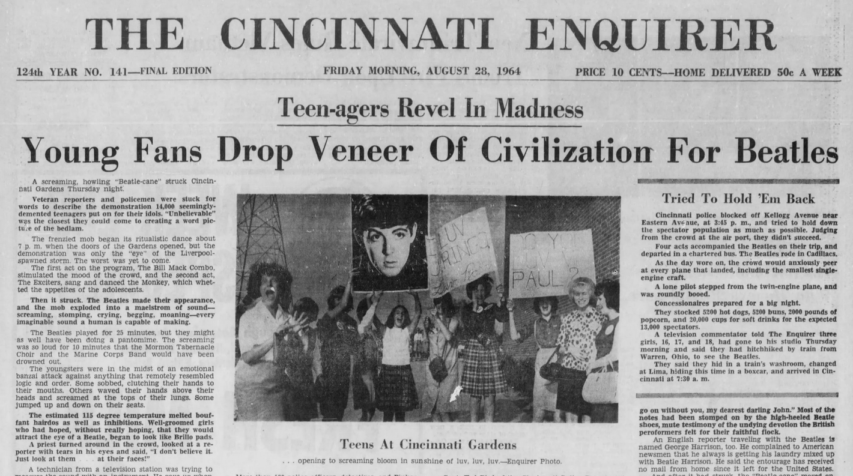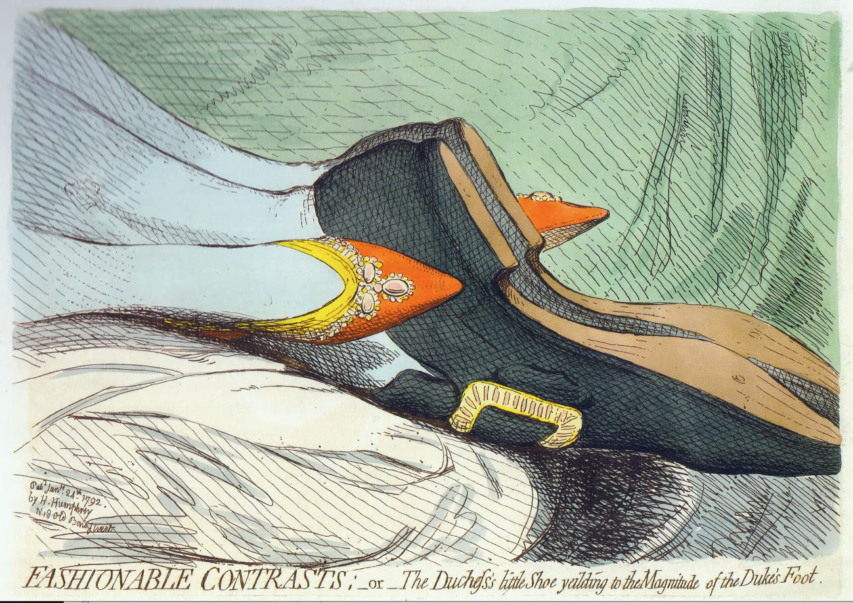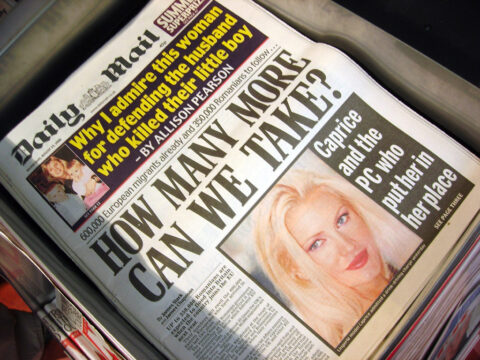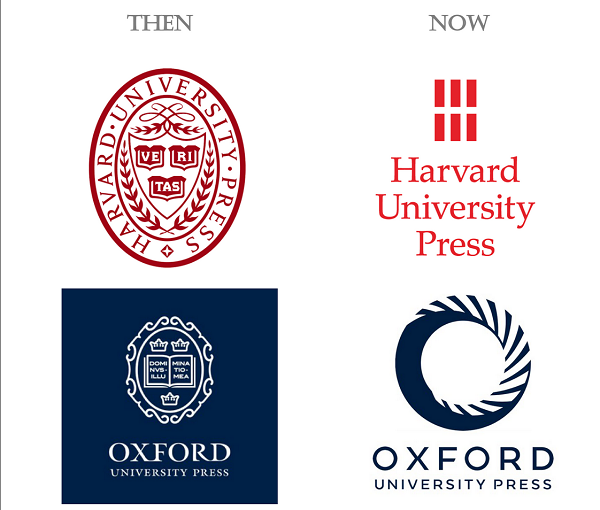Andrew Sullivan on the state of the American legacy media in an age of young, woke reporters driving the narrative forward at the expense of any hint of objectivity:
There are times when I actually feel some pity for the editors in mainstream media. In the last few years, pressured relentlessly by young, super-leftist staffers, they have slowly and then precipitously dropped the goal of objectivity and news in favor of subjectivity and narratives. The struggle against white supremacy has become too urgent for news that may not advance “social justice”. Here’s a glimpse of what the old guard is dealing with, in a leaked transcript of a NYT staff meeting in 2019. An early question from a NYT reporter was:
I’m wondering to what extent you think that the fact of racism and white supremacy being sort of the foundation of this country should play into our reporting. Just because it feels to me like it should be a starting point, you know? … I just feel like racism is in everything. It should be considered in our science reporting, in our culture reporting, in our national reporting. And so, to me, it’s less about the individual instances of racism, and sort of how we’re thinking about racism and white supremacy as the foundation of all of the systems in the country.
And, as you can see every day, this is what the NYT subsequently did. Distilled that year with The 1619 Project (now airing on Hulu!), everything was and is parsed through the lens of critical race/gender/queer theory — from birdwatching to knitting to “literally abolishing the police”. It’s their foundation.
The same ideological fervor swept over the WaPo, of course — right down to the racist birds! And this week, the former executive editor, Len Downie, a near-icon of the old school, published a report on journalism and found a broad consensus among his colleagues that, in the words of one editor-in-chief, “Objectivity has got to go!” So every story now assumes “white supremacy” as the core truth of the world.
So what happens when stories arrive which, on the face of it, seem to refute that entirely? Take three recent events: two mass killings of Asian-Americans within two days in California by an Asian-American (in Monterey Park) and a Chinese national (in Half Moon Bay); five black police officers in a majority-black police force with a black police chief all but lynched and murdered an innocent black man; and a trans woman was convicted of the rape of two other women with the use of her penis.
How on earth do these fit into the pre-arranged “white supremacy” template?
They can’t of course. They reflect a reality far more complex than the crude racial hierarchies beloved of actual white supremacists and woke activists alike. They show individual actors, with a range of possible motives, in unique moments that will always escape predictable narratives. Maybe racial prejudice is present; maybe not; or maybe mixed into a range of other possible factors. You work empirically from the ground up.
But if the facts don’t fit the narrative, you move on quickly to a story that will. So with the Asian-American massacres, after some initial excitement, the MSM lost interest as soon as a white man could not be blamed. (Contrast that with the days-long feeding frenzy over the Atlanta spa massacre, despite zero evidence of any anti-Asian motive from the white killer.) Or they try to force it into their narrative anyway.
























